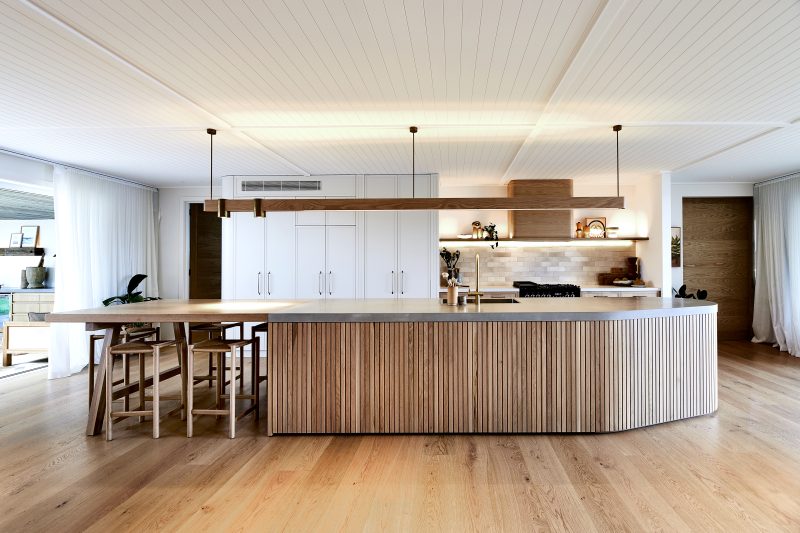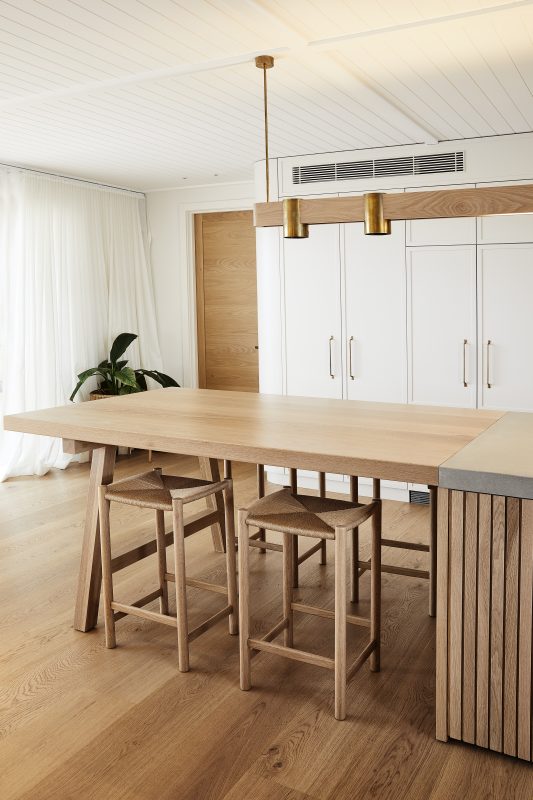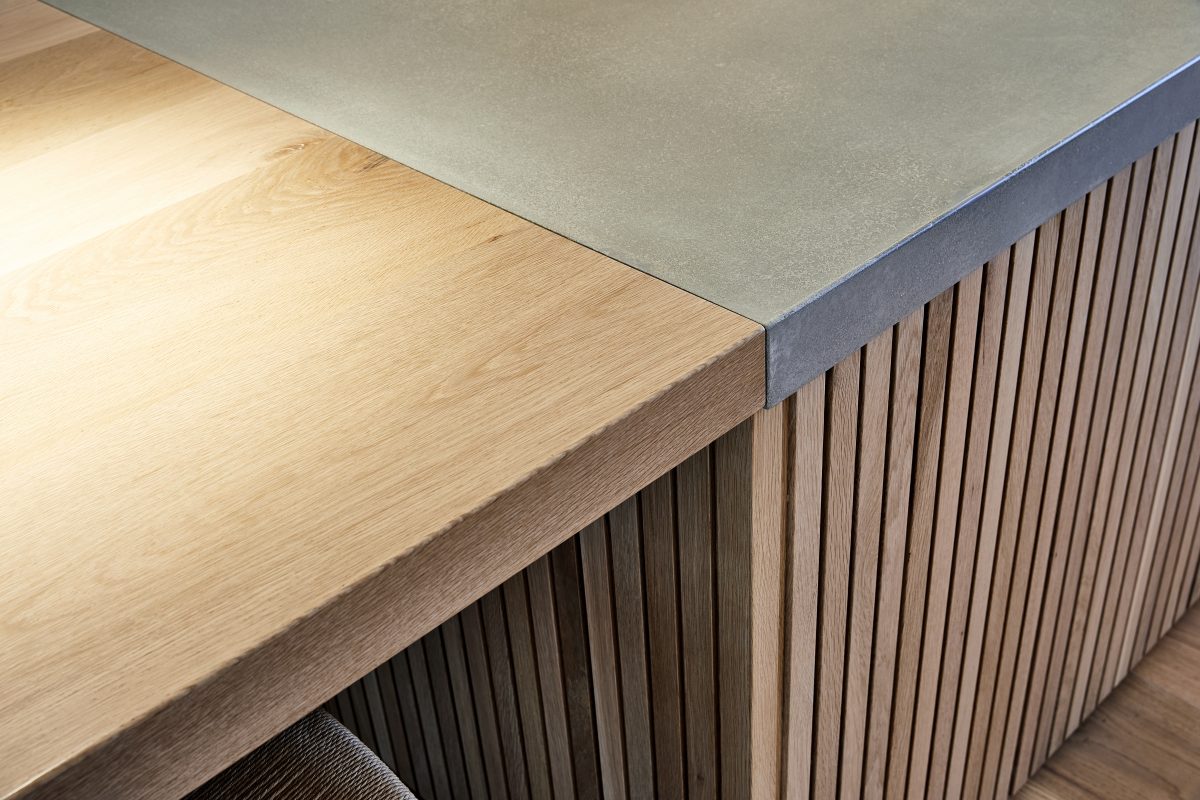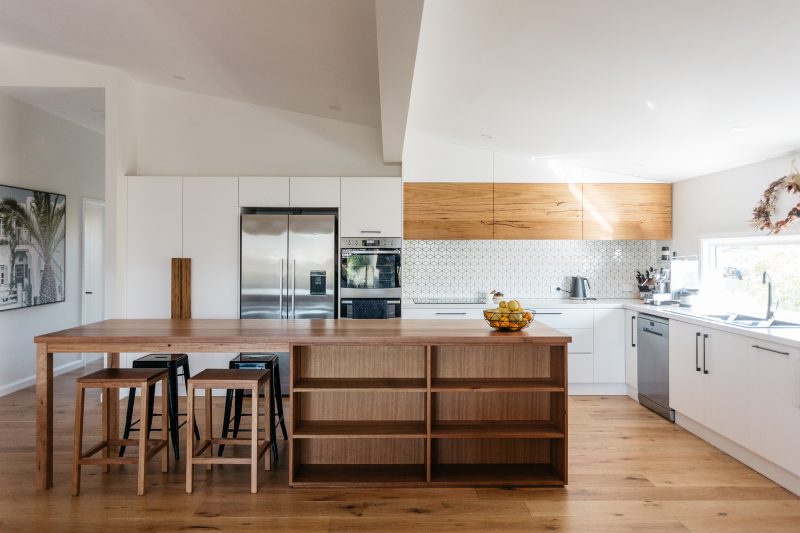More reasons why timber is the ideal substitute for stone:
Natural beauty and aesthetics
Each piece of solid timber is unique, featuring distinct grains, textures, and colours that change with lighting and angles. This natural variability ensures it’s truly one-of-a-kind.
Durability and longevity
When properly treated and maintained, timber is incredibly durable and can last for decades, making it a long-lasting alternative to stone. It withstands significant wear and tear and is suitable for both indoor and outdoor applications.
Sustainability
Timber is most definitely a sustainable choice, timber mills and privately owned Australian timber forests must comply with environmental standards set by the Forest Stewardship Council (FSC). Further to this, its production typically has a lower carbon footprint compared to stone.
Cost-effectiveness
While high-end timber species can be costly, there are also many affordable options that offer excellent quality. Australian timbers are the most cost effective (in our range) and are really having a moment. NSW Spotted Gum is producing gorgeous deep caramel tones while Tasmanian Oak packs are coming in with those even blonde hues and grain that we so love to work with.




